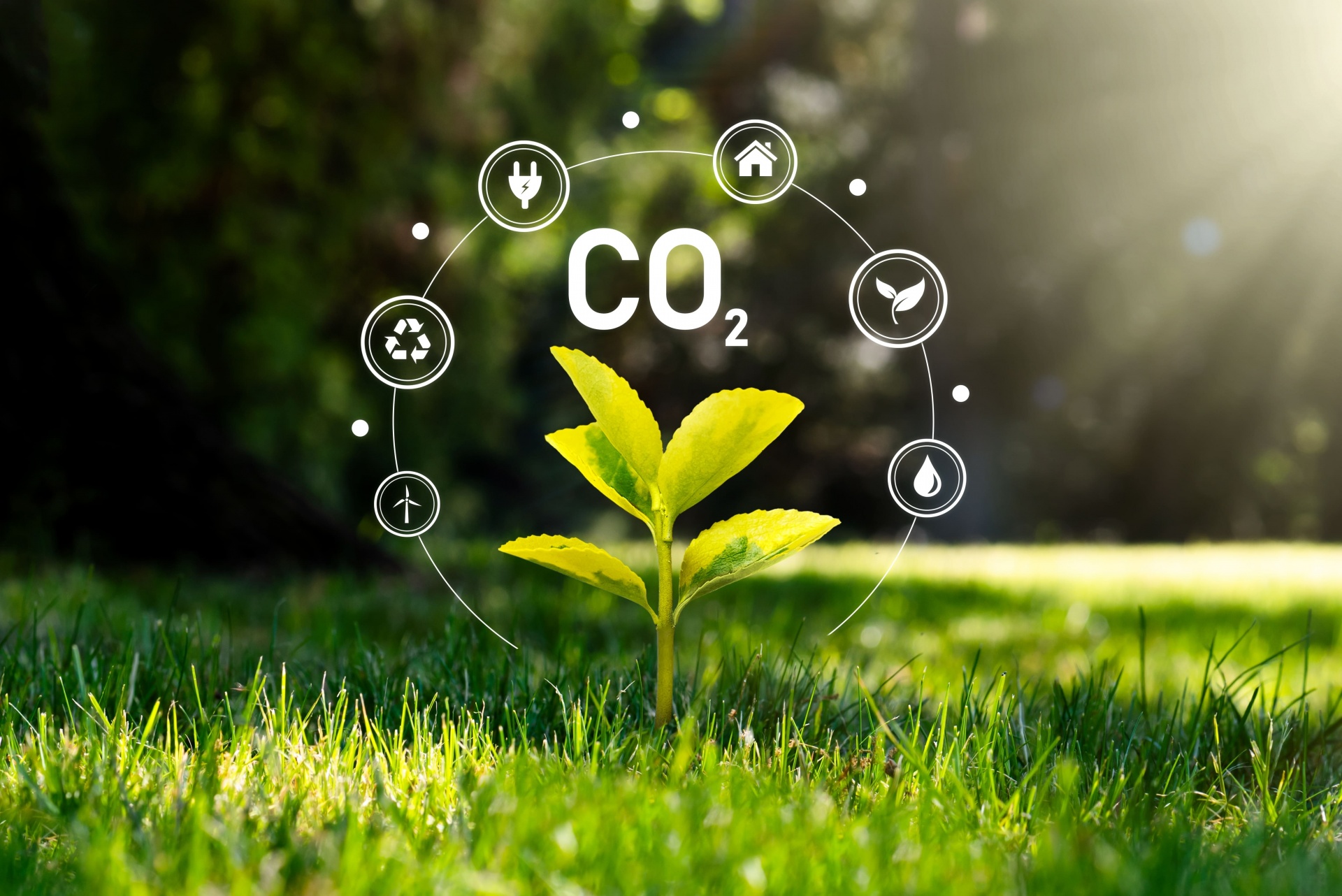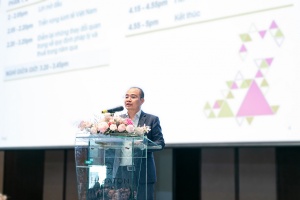Vietnam exceeds decarbonisation rate targets set by Nationally Determined Contributions
 |
PwC's Net Zero Economy Index 2023 that was released on January 17 reveals that the Asian-Pacific region reduced its carbon intensity by 2.8 per cent in 2022, more than doubling the 2021 rate of 1.2 per cent. It also states that only five countries met their NDC targets in 2022.
Asia-Pacific economies were responsible for 48 per cent of global emissions in 2022. While the region’s decarbonisation rate was ahead of its counterparts in the same year (at 2.8 per cent versus 2.5 per cent globally), it still needs to decarbonise six times faster to reach the 17.2 per cent that is required to limit global warming to 1.5 degrees Celsius above pre-industrial levels.
PwC’s Net Zero Economy Index tracks the decarbonisation of energy-related CO2 emissions worldwide by measuring levels of energy consumption relative to GDP, and the carbon content of that energy. The 2023 index shows that none of the Asia-Pacific economies' decarbonisation rate in 2022 came close to the rate required to align with a 1.5 degree target, however, only five economies – New Zealand, Pakistan, South Korea, Singapore, and Vietnam – exceeded the decarbonisation rate targets set out by their NDCs.
The common factor among these economies is that they are net importers of energy, and most of them experienced a drop in their fuel demands. Excluding Pakistan, which experienced a severe energy crisis amidst rising global energy prices in 2022, resulting in a 15 per cent decarbonisation rate, the economies with the highest decarbonisation rates include Singapore (10.8 per cent), New Zealand (8.5 per cent), Vietnam (6.5 per cent), and South Korea (4.4 per cent).
Despite these tentatively positive signs, other economies’ decarbonisation rates slowed down in 2022 compared to 2021, and some experienced an increase in carbon intensity. The evidence clearly shows that most economies saw a noticeable gap between their NDC decarbonisation ambitions and their actual performance in 2022.
Vietnam is ranked among economies that are making negative or slow process in reducing their carbon intensity, and which still heavily rely on fossil fuels to sustain their economic growth. However, the CO2 levels for this group are generally lower than the G7 average, meaning that a reduction in fuel demand could significantly reduce carbon emissions.
Abhinav Goyal, director of Capital Projects and Infrastructure at PwC Vietnam stated, "Vietnam’s updated NDC shows significant strides towards prioritising sustainability, emphasising renewable energy adoption, and more ambitious emissions reduction targets, reflecting a strong commitment to climate action."
"While the NDC seems to be in line with Vietnam’s ambition of achieving net-zero by 2050, more can be done to accelerate the progress. This change requires collaborative action from both the government and businesses."
"Furthermore, embracing the clean energy transition isn't just an environmental imperative, it also presents a wealth of untapped opportunities. By implementing its climate goals, through a blend of effective policy and mitigation strategies, Vietnam can receive financial and economic benefits through attracting sustainable investment, creating more jobs, and becoming a pioneer in clean technology," he added.
 | Businesses becoming active in the circular economy From tech innovations to EU regulation, there are lots to think about when it comes to the circular economy. On the sidelines of the Ho Chi Minh City Economic Forum organised from September 13-17, Melissa MacEwen, sustainability and circular economy director for PwC in Asia-Pacific, gave VIR’s Bich Ngoc her assessment of the circular economy and its implications for Vietnam. |
 | Vietnam's new tax regulations reflect global tax trends There have been various economic ups and downs in the post-pandemic era that have necessitated decisive measures to sustain growth. Despite an improvement in the third quarter of the year, Vietnam's economy still faces a number of obstacles to achieve its targets. |
 | Top strategies to employ for integration of ESG aspects Environmental, social, and governance (ESG) criteria are becoming increasingly important to Vietnamese businesses, with around 80 per cent having already made commitments to these criteria or planning to do so shortly. |
What the stars mean:
★ Poor ★ ★ Promising ★★★ Good ★★★★ Very good ★★★★★ Exceptional
Related Contents
Latest News
More News
- Trung Nam-Sideros River consortium wins bid for LNG venture (January 30, 2026 | 11:16)
- Vietnam moves towards market-based fuel management with E10 rollout (January 30, 2026 | 11:10)
- Envision Energy, REE Group partner on 128MW wind projects (January 30, 2026 | 10:58)
- Vingroup consults on carbon credits for electric vehicle charging network (January 28, 2026 | 11:04)
- Bac Ai Pumped Storage Hydropower Plant to enter peak construction phase (January 27, 2026 | 08:00)
- ASEAN could scale up sustainable aviation fuel by 2050 (January 24, 2026 | 10:19)
- 64,000 hectares of sea allocated for offshore wind surveys (January 22, 2026 | 20:23)
- EVN secures financing for Quang Trach II LNG power plant (January 17, 2026 | 15:55)
- PC1 teams up with DENZAI on regional wind projects (January 16, 2026 | 21:18)
- Innovation and ESG practices drive green transition in the digital era (January 16, 2026 | 16:51)

 Tag:
Tag:




















 Mobile Version
Mobile Version